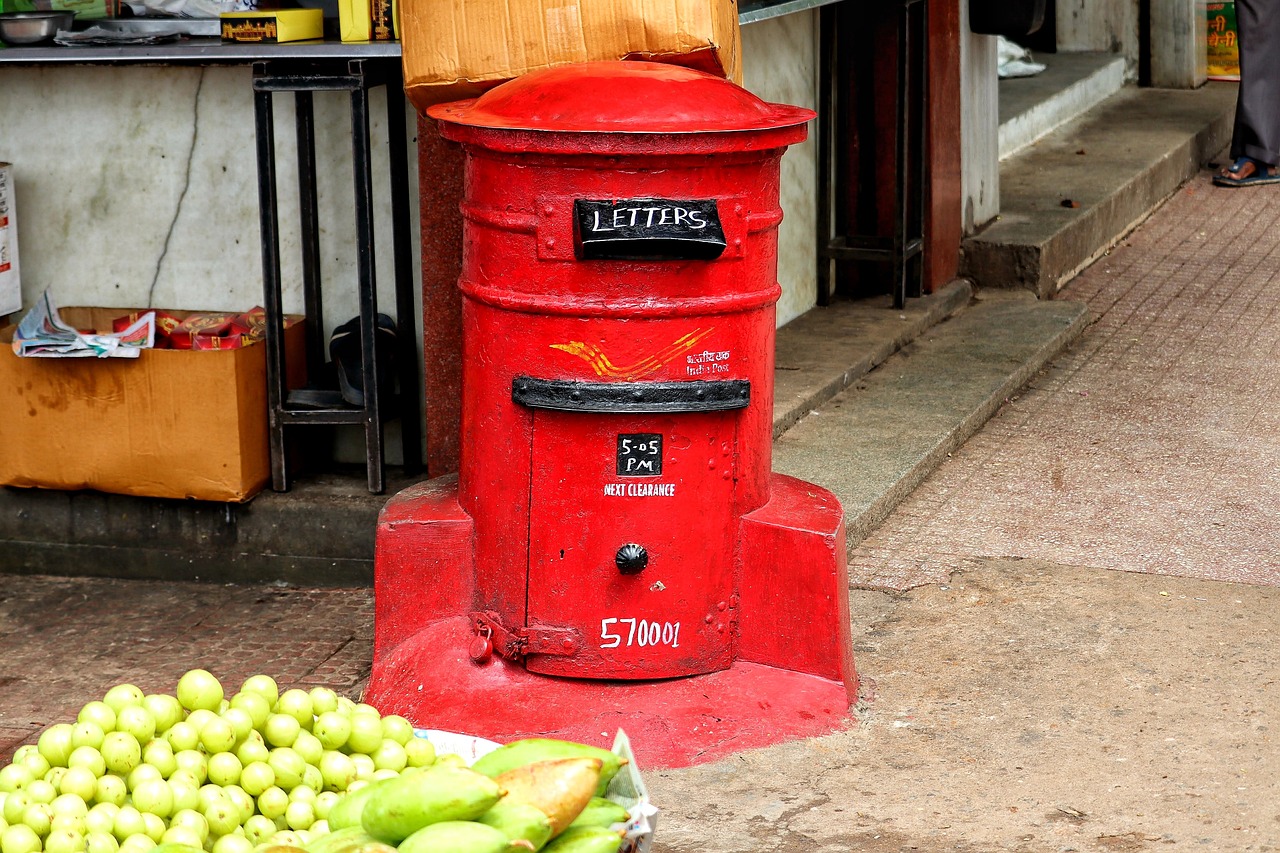Exit Polling and Political Transitions: Challenges and Opportunities
all panel.com, online cricket id, get online cricket id: Authoritarian regimes around the world often go to great lengths to control information and manipulate public opinion. One tool they use to maintain their grip on power is exit polling. Exit polling is a method used to gather data on voting patterns by asking people leaving polling stations who they voted for. While exit polling is a common practice in democratic countries, its use in authoritarian regimes raises serious ethical concerns.
**The Risks of Exit Polling in Authoritarian Regimes**
Exit polling in authoritarian regimes can be dangerous for several reasons. First and foremost, it can put both pollsters and respondents at risk of retaliation from the government. Authoritarian regimes are known for cracking down on any form of dissent, and simply asking individuals who they voted for can be seen as a subversive act.
Furthermore, exit polling in authoritarian regimes can be easily manipulated by the government to legitimize fraudulent election results. By controlling the information that is gathered through exit polling, authoritarian regimes can create a false narrative of popular support for their rule. This can make it more difficult for opposition groups to challenge the regime’s legitimacy.
**The Ethics of Conducting Exit Polls in Authoritarian Regimes**
Ethical concerns surrounding exit polling in authoritarian regimes are numerous. Pollsters must consider the potential harm that their actions could cause to both themselves and the respondents. They must also grapple with the question of whether gathering information in such a context is worth the risks involved.
At the same time, pollsters must weigh the potential benefits of conducting exit polls in authoritarian regimes. By gathering data on voting patterns, they can shed light on the extent of electoral fraud and manipulation. This information can be used to hold the regime accountable and advocate for greater transparency and democracy.
**Navigating the Dangers of Exit Polling**
For pollsters operating in authoritarian regimes, navigating the dangers of exit polling requires careful planning and consideration. It is crucial to prioritize the safety and well-being of both the pollsters and the respondents. This may involve taking steps to ensure anonymity and confidentiality, as well as securing the data collected to prevent it from falling into the wrong hands.
Pollsters must also be aware of the legal and political risks associated with conducting exit polls in authoritarian regimes. They must be prepared to face potential repercussions from the government and to respond accordingly. This may involve seeking legal counsel, working with local partners, and engaging in advocacy efforts to protect the rights of pollsters and respondents.
**The Role of International Organizations**
International organizations play a crucial role in monitoring and advocating for ethical practices in exit polling in authoritarian regimes. By providing support and guidance to pollsters, these organizations can help ensure that data is collected and used responsibly. They can also shine a spotlight on the risks and dangers associated with exit polling in authoritarian regimes, raising awareness and advocating for greater transparency and accountability.
**Conclusion**
Exit polling in authoritarian regimes presents a host of ethical challenges and risks. Pollsters must carefully navigate these dangers while working to gather important data on voting patterns and electoral fraud. By prioritizing safety, confidentiality, and transparency, pollsters can help shed light on the realities of authoritarian rule and advocate for greater democracy and human rights.
**FAQs**
**1. Is exit polling legal in authoritarian regimes?**
The legality of exit polling in authoritarian regimes varies depending on the country. Pollsters should consult with legal experts and local partners to understand the risks and potential consequences of conducting exit polls.
**2. What safeguards can pollsters put in place to protect themselves and respondents?**
Pollsters can protect themselves and respondents by ensuring anonymity, confidentiality, and data security. They should also have a plan in place to respond to potential threats and retaliation from the government.
**3. What can international organizations do to support ethical exit polling in authoritarian regimes?**
International organizations can provide support, guidance, and advocacy for pollsters operating in authoritarian regimes. They can also raise awareness of the risks and dangers associated with exit polling and advocate for greater transparency and accountability.







